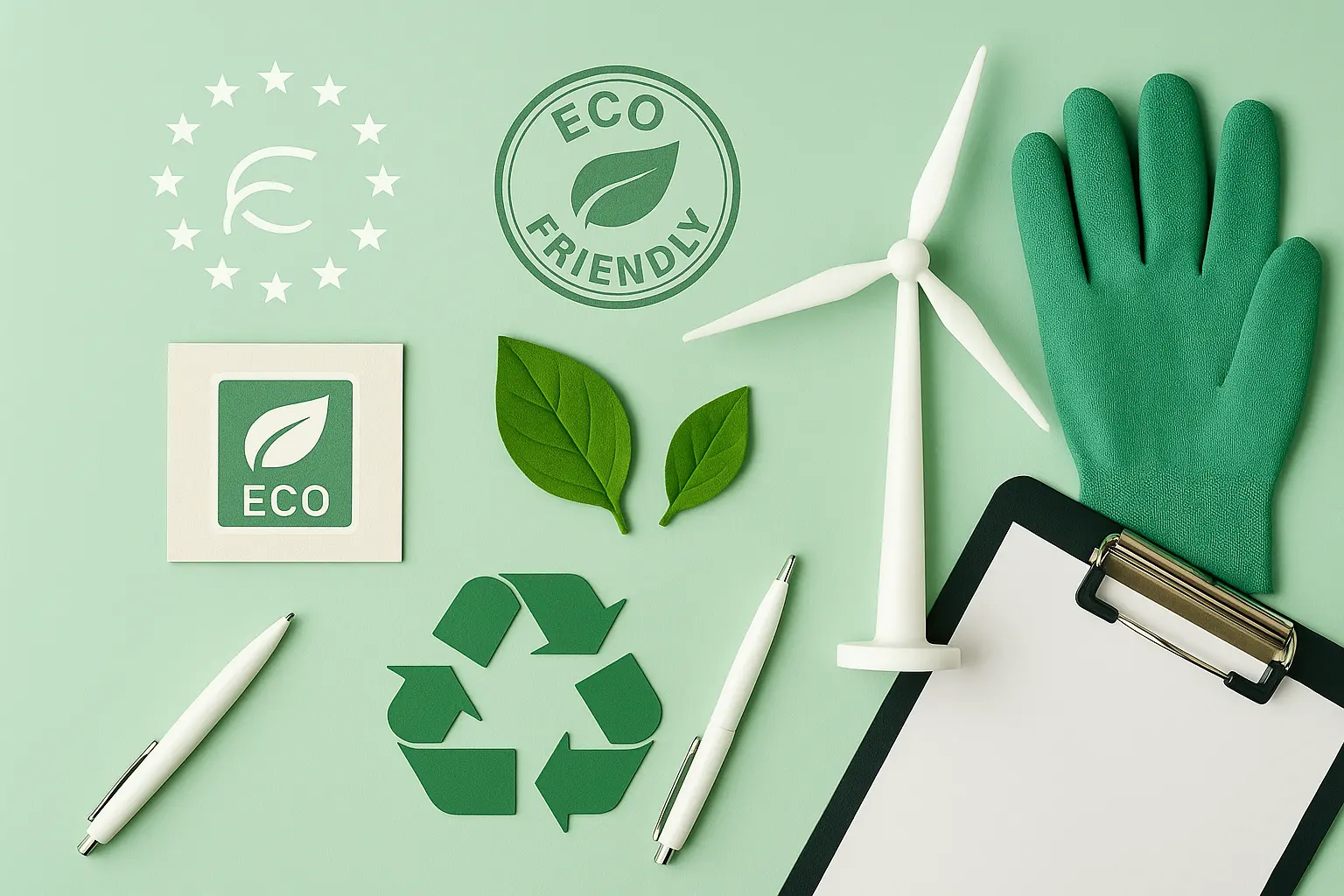Sustainable Materials Certification
In today’s rapidly evolving global landscape, sustainability has become a critical factor in material selection and product development. Sustainable materials certification ensures that the products we use are not only functional but also environmentally responsible. This service focuses on providing comprehensive testing and certification for sustainable materials, ensuring compliance with international standards and regulations.
The certification process involves rigorous evaluation of various aspects such as environmental impact, energy efficiency, recyclability, biodegradability, and lifecycle assessment. By partnering with us, you gain access to a robust framework that not only meets current regulatory requirements but also helps in setting benchmarks for future sustainability goals.
Our team of experts uses state-of-the-art equipment and methodologies to assess materials based on recognized international standards like ISO 14025, ASTM D6954, EN 13787, and others. The certification process is designed to identify not only the environmental impact but also the economic feasibility and societal benefits of using sustainable materials.
Key aspects covered in our certification include:
- Material composition analysis
- Eco-labeling compliance verification
- Lifecycle assessment (LCA)
- Recycling rate evaluation
- Biodegradability testing
- Energy consumption measurement
- Water footprint assessment
The certification process is iterative, ensuring that the materials meet not just current standards but are also scalable to future sustainability goals. Our team works closely with clients to ensure that every step of the process aligns with their specific needs and objectives.
| Industry Applications | Sustainability Criteria Met |
|---|---|
| Plastic Manufacturing | Reduction in virgin petroleum use, enhanced recyclability rates |
| Fashion and Apparel | Better water usage efficiency, lower carbon footprint |
| Furniture Manufacturing | Sustainable forestry practices, reduced waste generation |
| Construction Industry | Increased energy efficiency, minimized environmental impact |
The certification process is designed to be transparent and actionable. By providing detailed reports on the sustainability of materials, we empower stakeholders with the knowledge needed to make informed decisions that align with global sustainability goals.
Scope and Methodology
The scope of our sustainable materials certification service includes a comprehensive evaluation of raw materials used in various industries. Our methodology is designed to ensure that the certified materials meet stringent environmental standards, thus contributing positively to global sustainability efforts.
We employ a multi-faceted approach to assess materials:
- Initial Consultation: Understanding client requirements and identifying specific areas for certification.
- Material Sampling: Collecting representative samples of the material under evaluation.
- Laboratory Analysis: Conducting detailed analysis using advanced instrumentation to determine compliance with international standards.
- Data Interpretation: Analyzing data to ensure the material meets all specified criteria for sustainability.
- Certification Issuance: Providing a certificate of compliance upon successful evaluation.
Our team uses leading-edge technology and follows internationally recognized standards such as ISO 14025, ASTM D6954, EN 13787, IEC 62300, and others to ensure the accuracy and reliability of our certification process. This ensures that certified materials are not only sustainable but also reliable and consistent.
Industry Applications
The application of sustainable materials is extensive across various industries, each leveraging these materials to achieve specific sustainability goals:
- Plastic Manufacturing: Reducing reliance on virgin petroleum and enhancing recyclability rates.
- Fashion and Apparel: Improving water usage efficiency and reducing the carbon footprint of garments.
- Furniture Manufacturing: Promoting sustainable forestry practices and minimizing waste generation.
- Construction Industry: Enhancing energy efficiency and reducing environmental impact in building materials.
The certification process ensures that these industries meet stringent sustainability criteria, thereby contributing to a more sustainable future. By leveraging certified sustainable materials, companies can reduce their carbon footprint, enhance resource efficiency, and contribute positively to global ecological health.
International Acceptance and Recognition
The acceptance and recognition of sustainable materials certification extend globally, with numerous international bodies endorsing our services:
- ISO 14025: Ensuring the accuracy and transparency of environmental labels.
- ASTM D6954: Providing guidelines for biodegradable plastics.
- EN 13787: Setting standards for recycled content in products.
- IEC 62300: Offering technical requirements for photovoltaic systems, which can be indirectly related to sustainable materials.
The certification process is recognized and respected worldwide, ensuring that certified materials meet the highest international standards. This global recognition not only enhances market credibility but also facilitates easier access to international markets. Our services are designed to ensure that your products stand out in a competitive global environment.





